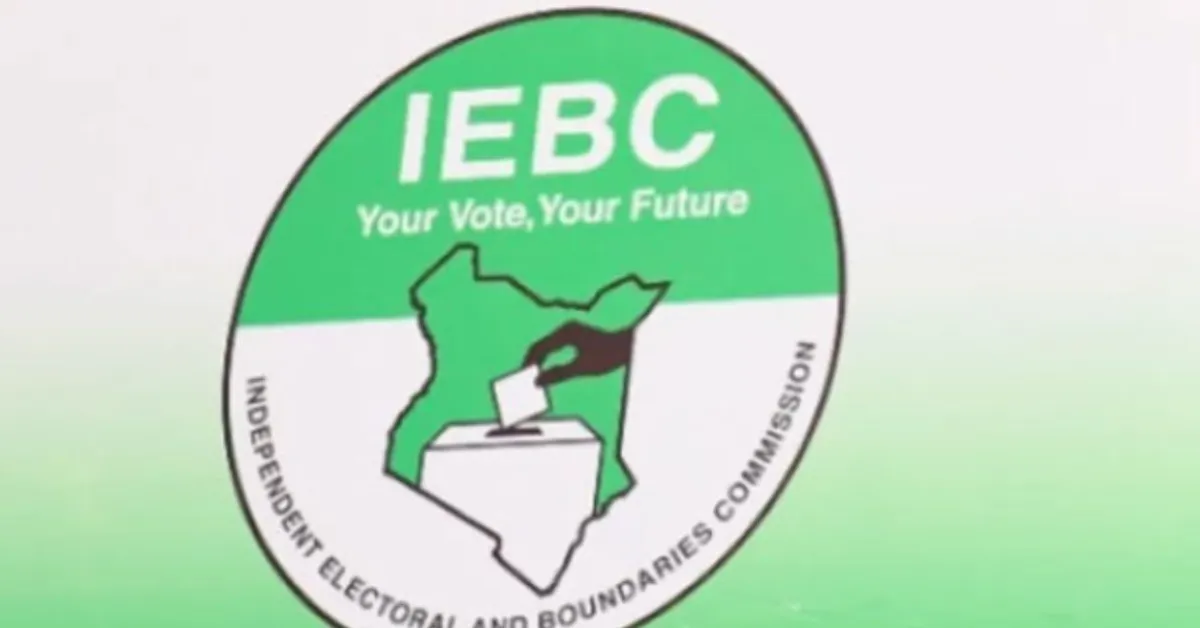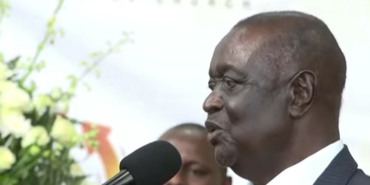Senate Clashes with National Assembly Over IEBC Nominee Vetting Process

A contentious dispute has erupted between Kenya's Senate and National Assembly over the vetting process for nominees to the Independent Electoral and Boundaries Commission (IEBC), casting a shadow over the critical task of reconstituting the electoral body.
With approval hearings slated for May 27, the Senate is vehemently protesting the National Assembly's unilateral oversight, asserting that the process demands joint participation to uphold constitutional principles and established parliamentary precedents. The immediate flashpoint revolves around the Senate's exclusion from the vetting exercise, a move deemed by senators as an affront to constitutional norms governing the approval of key government officials. Senator Hillary Sigei, Chairperson of the Senate Justice and Legal Affairs Committee, is spearheading the challenge, insisting that the vetting of nominees for constitutional commissions has historically involved both houses of Parliament.
Drawing upon past practice, Sigei cites examples where the vetting of high-ranking state officials, including the Inspector-General of Police, Central Bank Governor, and members of the Commission on Revenue Allocation, was conducted through joint committees of Parliament. He argues that the current scenario deviates from this precedent, undermining the Senate's role in safeguarding the integrity of the electoral process.
However, Article 250(2) of the Constitution and the IEBC Act stipulate that IEBC nominees are to be vetted by the National Assembly. The law, as it currently stands, grants the National Assembly authority to approve or reject the nominees presented for appointment. Senator Sigei contends that this provision was amended in 2012, before the Senate was formally constituted, and was intended only for the transitional period following the 2010 constitutional promulgation.
"The Senate's attempts to restore the broader parliamentary vetting mandate have faced consistent resistance from the National Assembly," Sigei stated, adding that a proposed amendment to revert the terminology from “National Assembly” back to “Parliament” has remained stalled in the National Assembly, with senators accusing MPs of deliberately frustrating efforts to grant them equal oversight in such matters.
Senator Okiya Omtatah of Busia echoes these concerns, arguing that the Constitution must be interpreted holistically to ensure comprehensive application of all relevant provisions. While Article 250(2) may appear to favour the National Assembly, Omtatah emphasises that other constitutional provisions mandate Senate involvement in issues related to devolution.
"The IEBC is responsible for overseeing the elections of governors, senators, and Members of County Assemblies—positions that are crucial to the functioning of county governments," Omtatah explained. "If the Senate is excluded from vetting those responsible for election management, it diminishes its role in safeguarding devolution."
Historically, disagreements have persisted over jurisdiction in key national processes, with senators frequently accusing their counterparts in the National Assembly of sidelining them. Amid this political standoff, President William Ruto has nominated Erastus Ethekon as the IEBC chairperson, alongside six other commissioners: Ann Nderitu, Moses Mukhwana, Mary Karen Sorobit, Hassan Noor Hassan, Francis Aduol, and Fahima Araphat Abdallah.
The appointment of new electoral officials is widely regarded as a crucial step toward strengthening Kenya’s electoral integrity. The Senate's push for joint vetting raises the spectre of delays in the approval process if the two houses fail to reach a compromise. With Senator Sigei vowing that the Senate will not back down on its demands, the impasse could potentially prolong the reconstitution of the IEBC.
"This is one of the bills the National Assembly has kept on its shelves for far too long," Sigei asserted. "As a committee and as a House, we will ensure that the principle of parliamentary oversight is upheld."














Add new comment